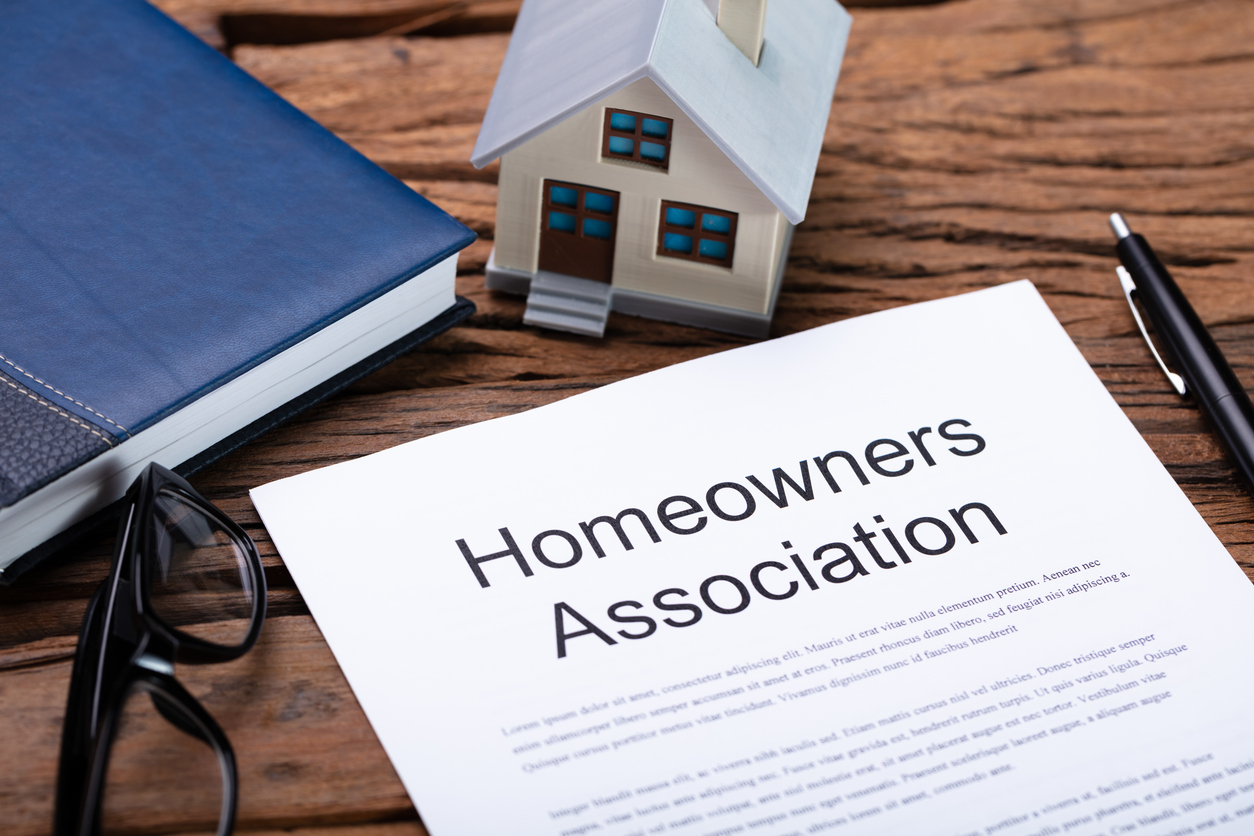Condo & Homeowners’ Associations: How and Why They Can and Do Make Amendments to Best Serve the Entire Community
We’ve all heard the jokes about homeowners’ associations. Perhaps you’ve even seen John Oliver tear them apart – I know I cringed the whole way through that episode. So, perhaps, if you are part of the anti-HOA camp, you may want to cheer when I tell you that in August 2024, the Pennsylvania Commonwealth Court found that an Association’s rental restriction was NOT enforceable.
Please hold your applause and read on.
Despite all the jokes out there, associations are not designed to instill fear in homeowners each time they choose to cut down a tree or paint their front door. Generally speaking, the purpose of a homeowners’ association is to enact and enforce rules aimed at protecting property values, encouraging uniformity, and promoting a community atmosphere.
In Chan v. Association of Property Owners of the Hideout, Inc., the Hideout Association got it wrong. There, the Association Board of Directors proposed limiting short-term rentals by changing the rules and regulations. That can be accomplished by board-approval alone. That is, the community members have no voice in those decisions. After backlash from the community, the Board of Directors then proposed amending the community Bylaws to limit short-term rentals. The amendment passed by a simple majority. As discussed below, this is where the Association got it wrong.
To understand the why of the Commonwealth Court’s decision, you need to look at the hierarchy of any association’s governing documents. Association rules are embodied in the community declaration, bylaws, or rules and regulations. Declarations are recorded alongside deeds, and limit how properties may be used. These limitations are frequently referred to as use restrictions or deed restrictions. Bylaws are not recorded with deeds, but expand upon restrictions contained in a declaration. Finally, rules and regulations are enacted solely by association boards and cover topics such as parking, fining, and other day-to-day issues.
To further their goals in protecting property values, many associations opt to limit, or even eliminate, rentals within their communities. Those limitations are okay, provided the association enacts them in the right way.
Pennsylvania associations are governed either by the Uniform Planned Community Act or the Uniform Condominium Act. These Acts permit associations to govern the use and enjoyment of homes within their respective communities. Both acts allow associations to change their governing documents in one of two ways. First, sections 3219(f) and 5219(f) of the Acts permit technical or corrective amendments. These amendments are permissible where a change to the governing documents is necessary to comply with current law. In other words, these amendments correct discrepancies between governing documents and current law. Because of that, those changes do not require community approval.
Sections 3219(a) and 5219(a) permit all other amendments to the governing documents. We can think of those as optional amendments. They are not something a community must do; but it’s something the community wants to do. In that case, the community needs to agree.
Both Acts dictate that changes to the declaration or bylaws require at least 67% of the entire community to agree. As Aaron Marines has discussed before from his blog post in 2016 , an amendment limiting or eliminating rentals must be included in the declaration and approved by at least 67% of the community.
In analyzing the legality of the Hideout Association’s rental amendment, the Commonwealth Court looked at the language in the Declaration which specifically allowed rentals, “without restriction.” The Court noted that Declarations are read as contracts between associations and homeowners. Any change in the Bylaws and Rules must not conflict with the Declaration, and such changes must be agreed-upon in accordance with current law. Given the amendment’s stated purpose to limit rentals, it directly contradicted the Declaration. Further, the passage of the amendment did not comply with the Acts in that only 58.7% of the community voted in favor of the limitation.
The Commonwealth Court overturned the amendment because it wasn’t included in the right association document. Even if it had been, it was not passed by at least 67 percent of the community. Notably, the Court did not overturn the amendment based on its substance; nor did it chastise the association for its proposed limitation.
So, associations are still allowed to change their documents. They are still allowed to limit what their homeowners do with their properties. They just need to check the right boxes.

